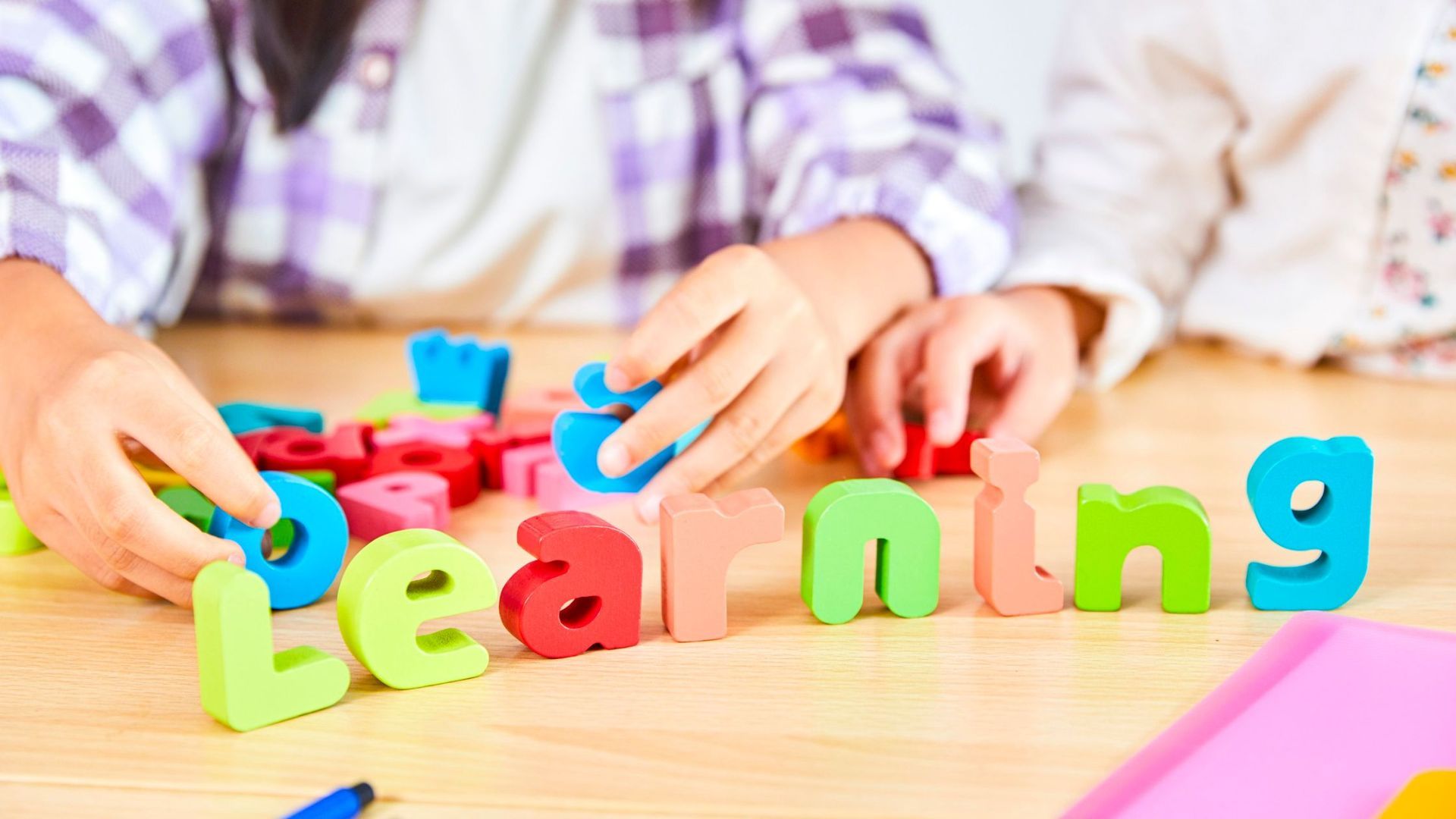The Power of Positive Reinforcement in Child Development

Fostering independence in young children is essential for their growth, confidence, and ability to navigate the world. Encouraging self-reliance helps children develop problem-solving skills, resilience, and a sense of accomplishment. By integrating small, age-appropriate responsibilities into daily life, parents and caregivers can support children in becoming capable and confident individuals. Here are some effective ways to nurture independence in young children.
Allowing Children to Make Choices
Giving children opportunities to make choices empowers them and helps them develop decision-making skills.
- Let them choose their clothes – Offering two or three options allows children to express themselves while staying within appropriate guidelines.
- Encourage meal decisions – Let them decide between two healthy snacks or what fruit to include in their lunch.
- Support playtime choices – Giving children the freedom to pick activities fosters creativity and self-expression.
By giving children structured choices, they learn responsibility while gaining confidence in their ability to make decisions.
Teaching Self-Help Skills
Encouraging children to complete tasks on their own builds self-sufficiency and pride in their achievements.
Teaching Self-Help Skills
Encouraging children to complete tasks on their own builds self-sufficiency and pride in their achievements.
-
Dressing themselves – Allow children to put on their shoes, zip jackets, and pick out outfits.
-
Practicing hygiene habits – Teach them to brush teeth, wash hands, and comb hair independently.
-
Cleaning up after themselves – Encourage them to put away toys, place dishes in the sink, and tidy up their space.
-
Handling simple tasks – Let children pour drinks, spread peanut butter on toast, or pack backpacks for school.
Encouraging Problem-Solving and Critical Thinking
Giving children the opportunity to solve small challenges on their own fosters resilience and critical thinking skills.
-
Allow them to figure things out – Instead of immediately offering solutions, ask, “What do you think we should do?”
-
Encourage creative problem-solving – Puzzles, building blocks, and open-ended play promote logical thinking.
-
Teach perseverance – Praise effort and encourage children to try different approaches when facing difficulties.
Interlinking to Related Topics
For more insights into childhood development, check out our related article on The Importance of Sensory Play in Early Childhood.
Conclusion
Encouraging independence in young children lays the foundation for lifelong self-confidence and resilience. By allowing them to make choices, take responsibility, and solve problems on their own, parents and caregivers empower children to navigate the world with confidence. While guidance and support are essential, fostering independence helps children develop the skills they need to succeed in life.
With patience, encouragement, and age-appropriate opportunities, children grow into self-reliant individuals who embrace challenges and celebrate their achievements.










